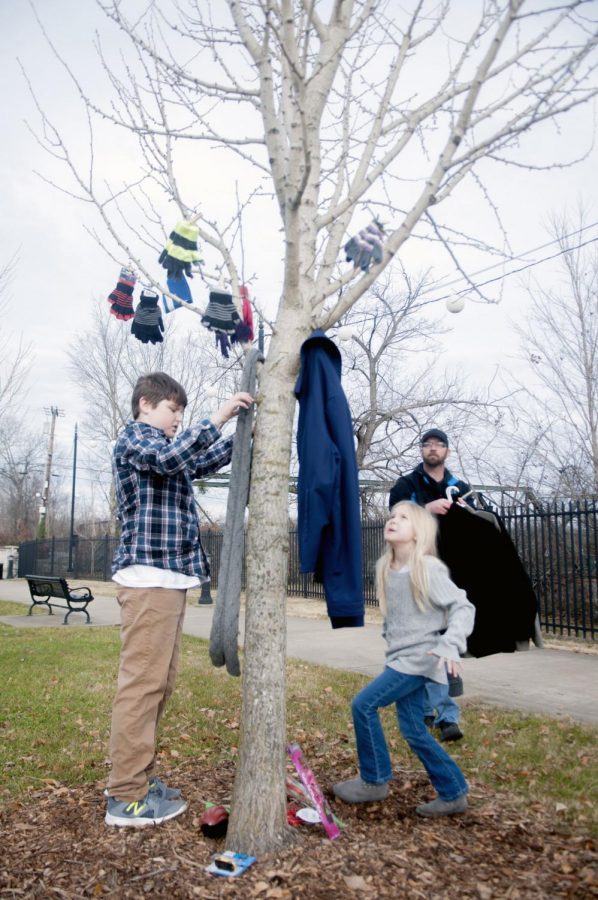Bible Elective Bill Passes Kentucky House
February 27, 2017
This year, Sen. Robin Webb proposed a bill that states Kentucky public schools can choose to offer a Bible elective, but students do not have to take the course. The bill passed the Kentucky House and now moves to the Senate for its approval. The bill sparked debate and many people think the bill should be vetoed or revised. Many people also believe the bill is a wonderful idea and that it will teach students important information.
As many other people have agreed, I also believe the bill needs to be revised in order for the Bible elective to be offered in Kentucky public schools. The president of the Kentucky Secular Society, Jim Potash, also agrees that the bill needs to be revised. Potash states, “I don’t think it really would be just teaching about religion. I think I’d have to worry about them actually preaching religion.” Potash says that he thinks a course that dives into the Bible for academic purposes would be fine, but as stated he was afraid the course would unintentionally preach religion instead of teach it.
“Whether you believe that it’s the word of God or you think it’s complete fiction, you can’t deny the impact it’s had on our culture,” Republican Reps. DJ Johnson states. There is no doubt that the Bible has had an influence on our great nation and that learning about the text would help students understand more of our country’s history. The Bible was a layout for the U.S. Constitution and the Declaration of Independence and learning about the Bible could help students learn about and understand the texts.
However, many people think the course needs to be comparative. The bill states that the course will be religiously neutral, and since it is a course that will only teach the Bible, people are convinced the course is religiously swayed. People suggest that we have a course that will have many different religious texts, such as the Quran, and compare the texts. People think that the course needs to accommodate diverse religion views.
Also, people are concerned about who will teach the course. The Kentucky Council of Churches is saying that people who have studied religion should teach the course and are afraid that teachers who aren’t experienced in teaching the religion will be asked to teach the course. People are also mentioning that there is a fine line between teaching and preaching religion and that some teachers, who practice religion and follow the Bible, will overstep the boundaries making the class theological instead of studying the true history. Mark Chancey, a professor at Southern Methodist University, states, “We want to take (the texts) seriously as sources from that time period without treating them uncritically as straightforward history. That’s a delicate dance because the minute teachers begin treating the Bible as straightforward, completely unproblematic history, they’ve slipped into making theological claims.”
Opponents to the bill are stating that the bill is unconstitutional. Their argument is that the bill violates Amendment 1, which states there is a freedom of expression and religion in the U.S.A.. However, people are also making sure that the opponents keep in mind that the Bible elective is a course that is offered, and it is not required for students to take the class and that the course, if taught by the right people, will be a class that will teach about the Bible and not forcing religion on students.
On the other hand, people are also concerned that students who would rather not take the elective will be put in the class because it was a leftover. Kids who do not want to be in the class, or students who are heavily against the Bible, might be placed in the class and it may spark problems. Some people say they would be afraid that the students would take away and hurt the learning ability of those who actually want to take the course. They could be disruptive in class or even get aggressive towards students who truly want to learn about the Bible.
All in all, the Bible elective bill needs to be deeply altered if public schools plan to offer the elective and want the course to be effective and not cause numerous complications.


